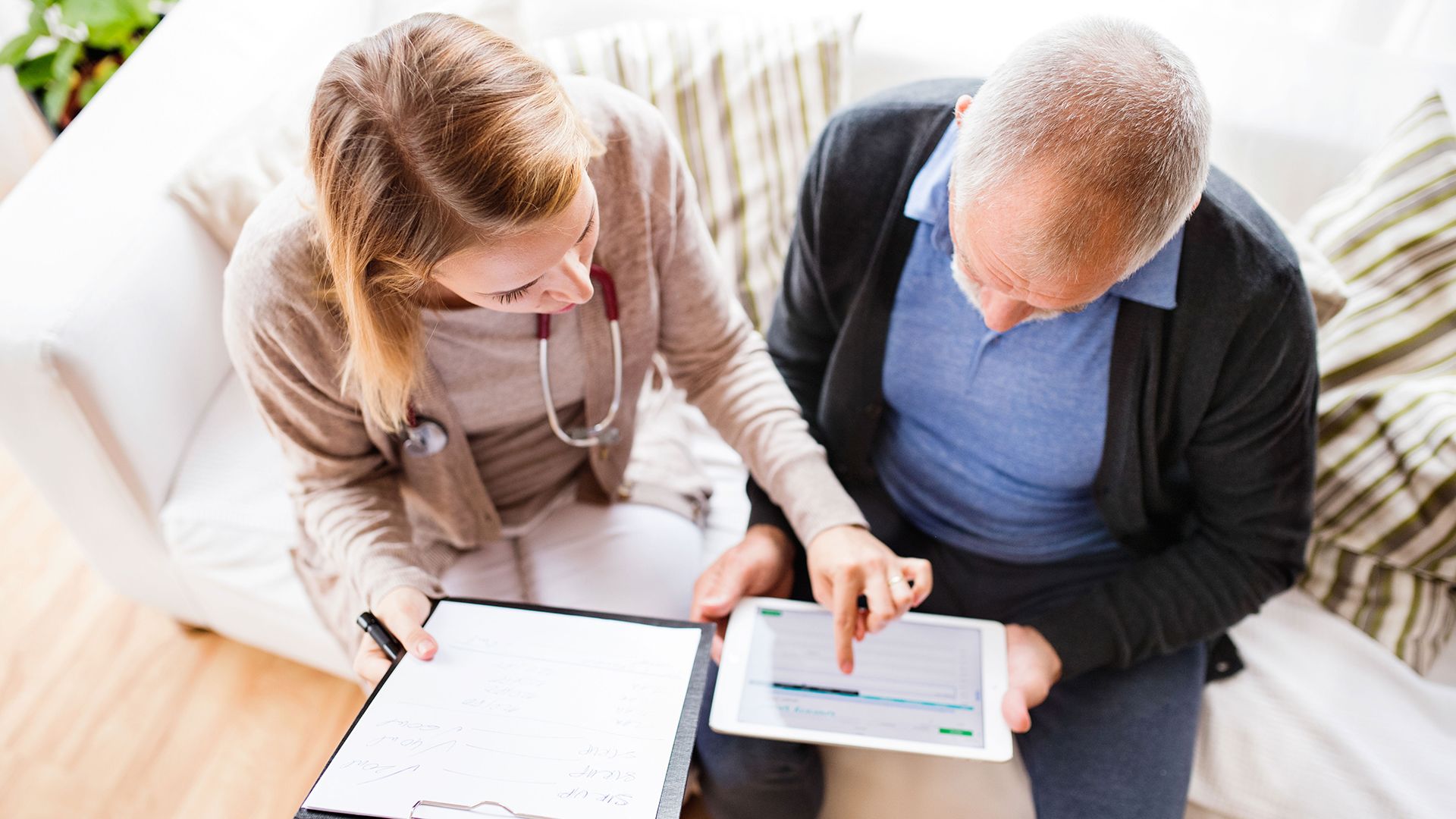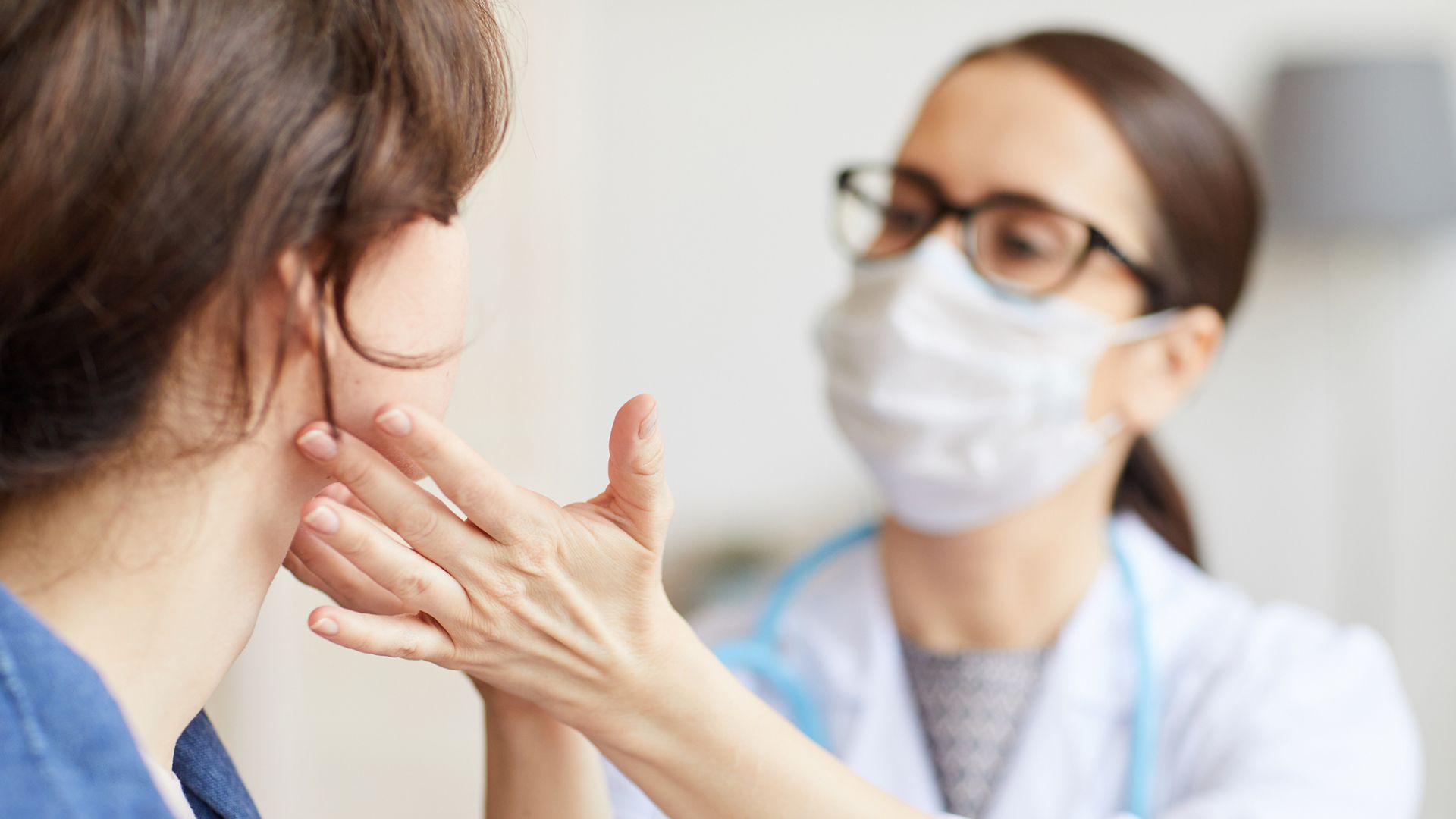Updated on April 3, 2025
Classical Hodgkin lymphoma (cHL) is a cancer of the immune system. Receiving a diagnosis of cHL can be overwhelming. Fortunately, there are many strategies that can help you cope with the emotional and physical challenges of cHL, and help you stay as healthy as possibly during treatment. They include the following.
Work with your healthcare team
One of the most important things you can do when you’re living with cHL is work with your healthcare team to develop a treatment plan that meets your needs. Take time to learn about and discuss your options and what to expect during treatment.
Reduce your risk of infection
Having lymphoma can affect your body’s ability to fight off infections and put you at a greater risk for more severe infections. So can some of the treatments used for lymphoma. Take steps to avoid infections:
- Keep clean. Wash your hands regularly, shower every day, and brush your teeth at least two times each day.
- Protect your skin. Moisturize often with unscented lotion. Wear gloves if you’re working with sharp objects. If you do cut yourself, keep the wound clean and dry.
- Dodge germs. Stay away from sick people and big crowds. If you must go somewhere, wear a well-fitted mask. Don’t use anyone else’s toothbrush or utensils. Keep dogs and cats from licking your face.
- Keep food safety in mind. Wash produce. Cook meat thoroughly. Don’t eat food that smells strange or has visible signs of rotting. Avoid buffets.
Stay on top of your immunizations, as well. Speak with your healthcare team about which vaccines are appropriate for you.
Eat a healthy diet
Proper nutrition can help give you the energy and strength you need during treatment. It can also promote wellness during recovery. Generally speaking, a healthy diet includes plenty of fruits and vegetables, quality carbohydrates, lean meats and fish, and some dairy.
Certain treatment side effects—like nausea, lack of appetite, or changes in taste—can make it difficult to eat a well-balanced diet. If you’re having trouble eating well and staying hydrated, work with a dietitian to develop an eating plan that’s tailored to your individual needs.
Get moving
Staying active can help reduce side effects during treatment. Regular exercise can also help reduce stress, boost energy levels, and promote overall wellness. Exercise doesn’t have to be strenuous or complicated. It can be as simple as taking a walk or mowing the lawn.
Before increasing your activity level or starting an exercise routine, talk to your healthcare providers, who can offer advice on precautions you should take. Some activities may be too strenuous while living with lymphoma.
Manage stress
Receiving a cancer diagnosis and undergoing treatment can be stressful. Taking steps to manage stress can help you cope and prioritize your overall health and well-being. Meditation and breathing exercises are popular stress-reducing activities. Exercise is also a proven way to reduce stress.
Get a good night’s sleep
Symptoms, treatment side effects, and the stress of having cancer can all impair sleep. To promote restful sleep, try going to bed and waking up at the same time each day, incorporating relaxation into your nighttime routine, and keeping a dark (and electronic-free) sleep environment.
Seek support
Living with lymphoma can affect your mental health. You may experience a range of emotions such as shock, helplessness, fear, anxiety, and anger. These emotions may change during different points in treatment. It is important to have a support system in place to help you cope. Sources of support may include your friends and family, who can help with practical tasks when you need someone to lend a hand. They may also include an oncology social worker or counselor, or a support group where you can connect with other people who are also living with lymphoma.
Make time for things that matter
Taking time for yourself can help you relax and de-stress, putting you in the right mental state to get the most out of treatment. Make the things you enjoy a priority.






